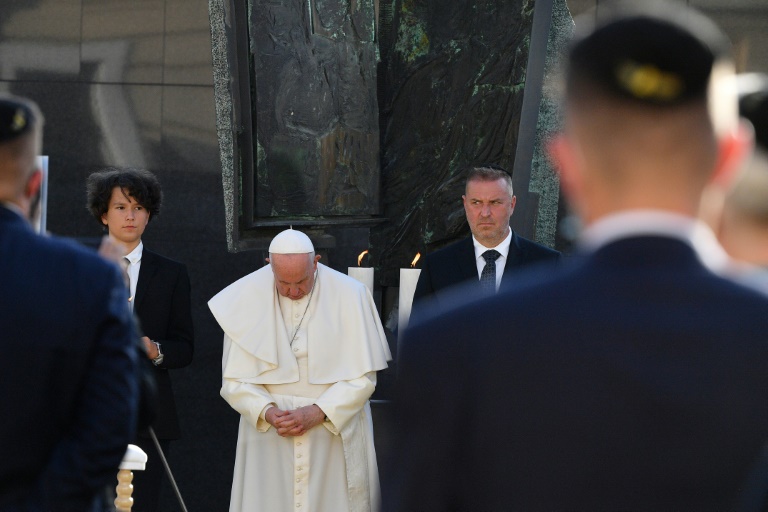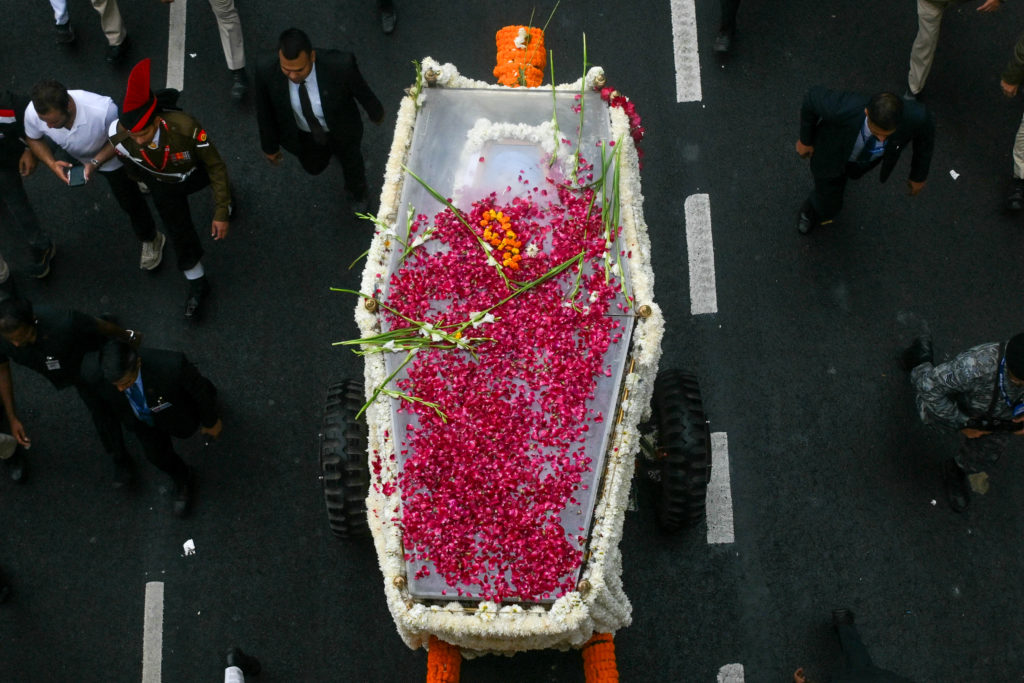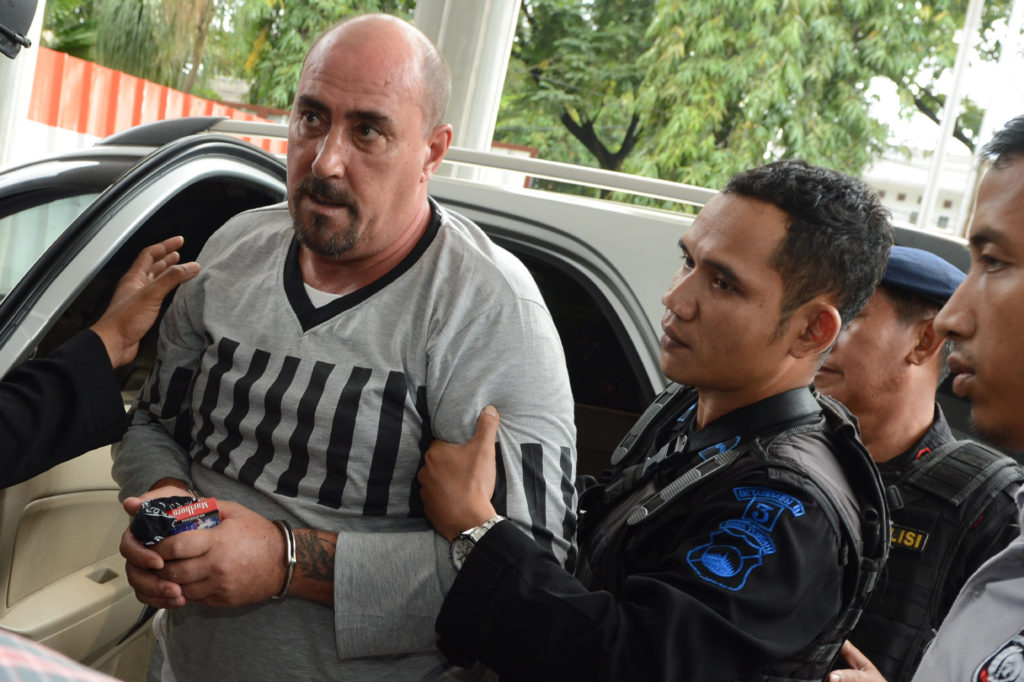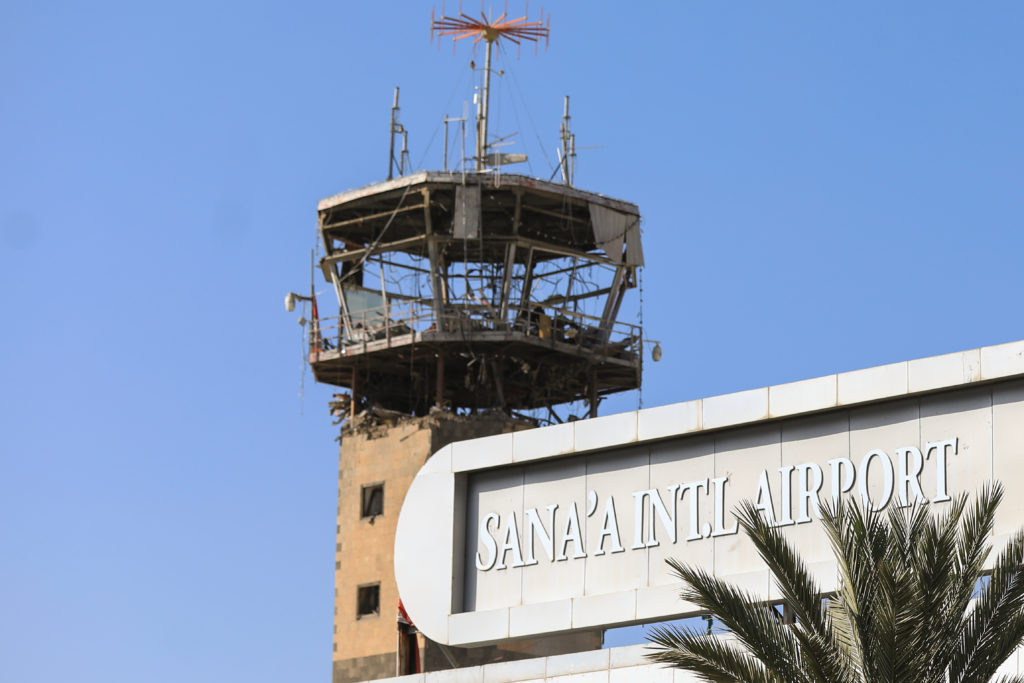Pope Francis on Monday voiced “shame” over the massacre of more than 100,000 Slovak Jews in the Holocaust, condemning World War II’s “frenzy of hatred” and lingering anti-Semitism.
The 84-year-old pontiff, on his first foreign trip since a colon operation in July, was speaking in a former Jewish neighbourhood of the Slovak capital Bratislava.
“Here, in this place, the name of God was dishonoured,” the pope said, speaking in front of a Holocaust memorial on Rybne Square, where a synagogue was torn down during Communist times.
Slovakia was governed by a Nazi puppet regime during World War II headed up by Catholic priest Jozef Tiso, who signed anti-Jewish laws and allowed deportations.
“Here reflecting on the history of the Jewish people marked by this tragic affront to the most high, we admit with shame how often his ineffable name has been used for unspeakable acts of inhumanity,” the pope said, after hearing the stories of Holocaust survivors.
– ‘Fuse’ of anti-Semitism –
Three days before the pope’s arrival, Slovakia’s government issued an apology for the actions of the Tiso regime for the first time.
“The Slovak cabinet feels a moral duty to publicly express regret,” it said in a formal declaration, emphasising in particular the “condemnable” anti-Jewish laws adopted in 1941.
After the war, most survivors either emigrated or stayed and hid their Jewish identity.
Under Communism, Jews were prosecuted and jailed for alleged Zionist crimes and the regime banned practising their religion.
The community now numbers only roughly 2,000 people and anti-Jewish attitudes remain strong in Slovakia, a predominantly Catholic country.
“Let us unite in condemning all violence and every form of anti-Semitism,” said the pope, who has sought to build bridges with Judaism from the very start of his pontificate.
During a whistlestop visit to Hungary on Sunday, the pope referred to the ongoing “threat of anti-Semitism” and called it “a fuse that must not be allowed to burn”.
The Roman Catholic Church put an end to centuries of official anti-Semitism in 1965 at the Vatican II Council, which approved a document called “Nostra Aetate” calling for respect of Judaism.
But relations can still be awkward.
The pope last month came under criticism from Jewish religious authorities for some remarks he made about the Torah, the first five books of the Hebrew Bible that Christians know as the Old Testament.
– ‘In the same boat’ –
Earlier on Monday, the pope called for Europe to show “solidarity” during economic recovery from the Covid pandemic, which he termed “the great test of our own time”.
“It has taught us how easy it is, even when we are all in the same boat, to withdraw and think only of ourselves,” he said.
Slovakia, an EU member with a population of 5.4 million, had the highest per capita Covid-19 contagion and mortality rates in the world for several weeks this year.
“After long and trying months of pandemic… we look forward with hope to an economic upturn favoured by the recovery plans of the European Union,” the pope said.
But he warned against a focus on profits and called instead for Europe to display “a solidarity that, by transcending borders, can bring it back to the centre of history”.
In a lighter moment during the day, the head of the world’s 1.3 billion Catholics strayed from prepared remarks and chided priests who deliver overly long sermons.
“A homily should not usually be more than 10 minutes,” he told an audience of clergy men and women.
When they applauded, he joked: “Allow me a little malicious remark, the nuns, who are the victims of our homilies, started clapping first!”










